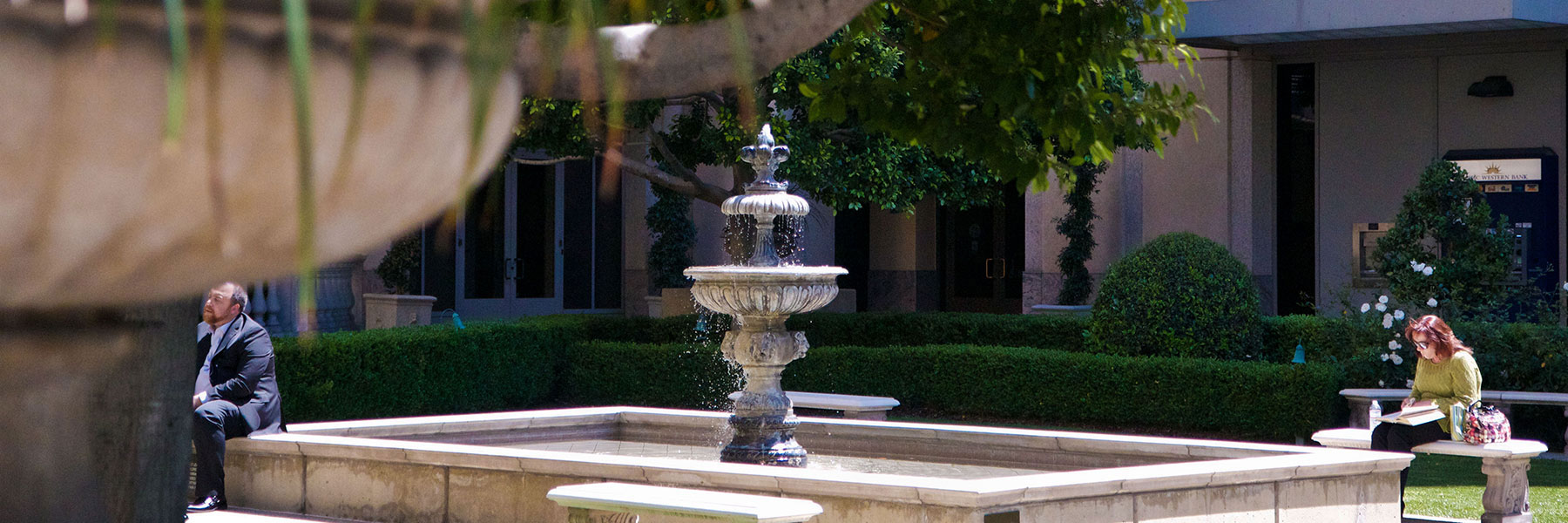06 Mar Glendale News-Press: Lights, Camera, Inequality? Glendale’s 2nd Women’s Day Summit Focuses on Gender Disparity in Film
By Lila Seidman
All of the four female entertainment professionals participating in the Downtown Glendale Assn.’s second annual International Women’s Day summit panel said they have experienced gender bias.
Moderator Dianne Mckay, president of public-relations firm Mustang Marketing, related what she described as a “macroaggression,” during the forum that was held Friday afternoon at Studio Movie Grill in downtown Glendale,
Describing the incident, she said she was introducing herself to the president of HBO sports when a male commentator — who happened to be a pro boxer — came up behind her and kicked out her knee. While she was falling forward, he grabbed her by her breasts.
“Which at least got him fired, so I feel pretty good about that,” McKay said. “But it was about as gross a thing that could happen, just right there in front of everybody.”
For indie film producer Natalie Qasabian, it was a subtle slight. During a meeting where she and a male producing partner were presenting a budget that she had created, the man they were reporting to would only make eye contact with her partner.
“I share that story because I think the range [of bias] we experience as women is quite wide,” said Qasabian, who produced the film “Run” coming out in May.
“Sometimes it’s physical things that are super inappropriate, and sometimes it’s something that seems quite small, but is really disrespectful to someone who put in work,” she added.
Supported by the city and local businesses, the event focused on women in film and entertainment — and the challenges they face in the industry. It was a follow-up to last year’s inaugural summit that spotlighted local female entrepreneurs.
About 120 attendees — including a handful of men — mixed and mingled between the panel discussion and a screening of 2018 documentary “This Changes Everything,”about gender discrimination in film and media.
Attendee Matilde Tsayem, a project manager with tech company LegalZoom, said she’s familiar with the hardships of working in a male-dominated industry.
“It was important for me to know what other women, in their domains, are experiencing — their hardships and how they’re overcoming them,” she said, adding that her company excels at promoting diversity.
Hasmik Burushyan, of the Armenian Youth Federation’s human rights committee, said it was important to remember that “the fight is not over,” amid the celebration of accomplishment.
“There are still people that are still feeling this marginalization, especially people of color … and we need to name that,” Burushyan said.
One way to promote diversity, at least in the entertainment world, is by spending money on arts productions that pay their employees a living wage and employ women and other marginalized groups, said Armina LaManna, artistic director of Imagine Project, which produces theater for young people.
“You can vote for gender parity with your wallet,” LaManna said.
While International Women’s Day was established about 100 years ago by a socialist group in New York — and is celebrated in many countries around the world — it has only recently gained traction in the United States.
Source: Glendale News-Press

